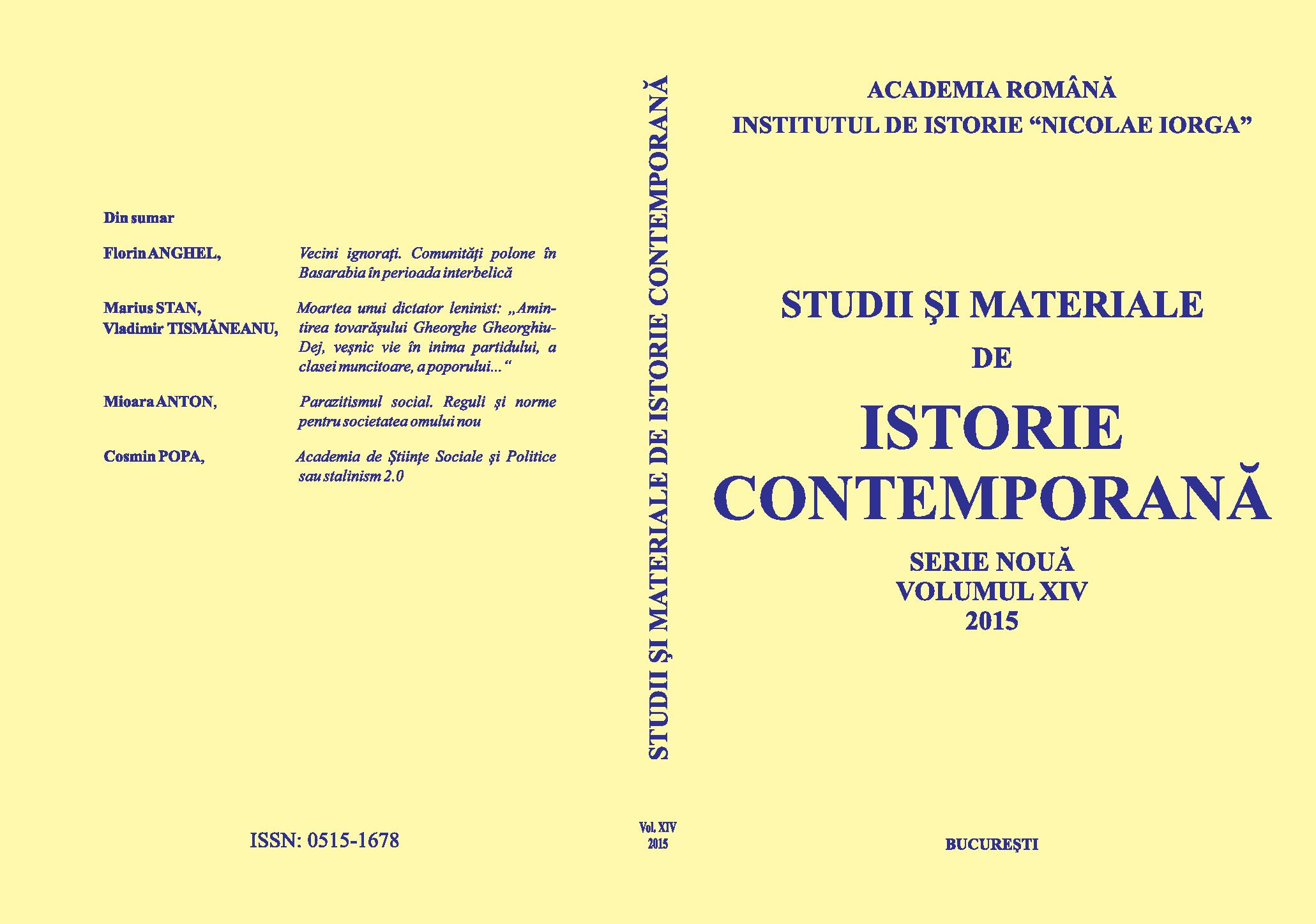Dimensiunea economică a relaţiilor RFG-URSS în preajma semnării Tratatului de la Moscova (1970)
The economic dimension of the West German- Soviet relations and the signing of the Moscow Treaty (1970)
Author(s): Raul DenizeSubject(s): History, Post-War period (1950 - 1989)
Published by: Institutul de Istorie Nicolae Iorga
Keywords: Neue Ostpolitik; Willy Brandt; Egon Bahr; Osthandel; Ruhrgas
Summary/Abstract: The Cold War influenced not only political relations, but also economic ones.West-Germany used its economic power in order to influence Moscow and obtain political concessions. Under chancellor Willy Brandt, the interests of both government and business coincided, and the Federal Republic tried to improve its economic and political relations with the Soviet Union. The economic cooperation was very fruitful and involved deals between the automotive industries and the energy sector. German companies were among the few capable of manufacturing large diameter steel pipes capable of transporting natural gas over very long distances. The soviets were interested in acquiring western technology at a time when their economy was stagnating and were willing to exchange their natural resources and political goodwill in order to obtain it.
Journal: Studii şi materiale de istorie contemporană (SMIC)
- Issue Year: 2015
- Issue No: 1
- Page Range: 159-171
- Page Count: 13
- Language: Romanian
- Content File-PDF

